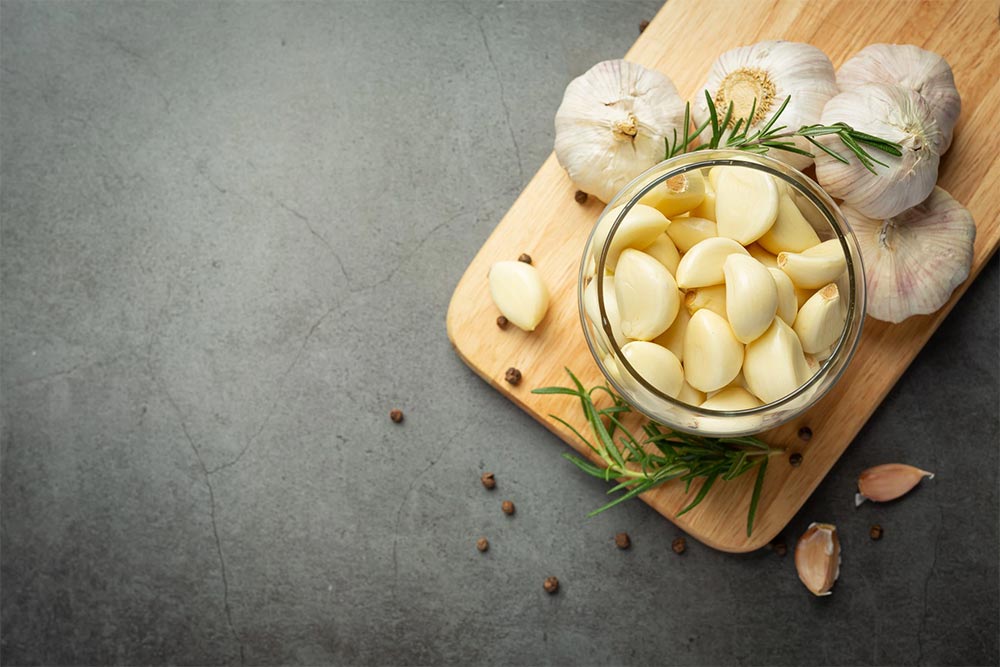High blood pressure (hypertension) is a serious medical condition that can damage the blood vessels and organs over time, leading to serious health problems and even death. Hypertension is often referred to as a silent killer because it can sometimes be asymptomatic. But, if left untreated, hypertension is one of the major risk factors for heart disease and stroke.
Hypertension, or high blood pressure, is the most common cause of strokes in the United States and is a leading cause of heart attacks and heart failure. Many people don’t know, but high blood pressure can usually be treated with lifestyle changes alone. But if it’s not controlled, medications may be needed.
Medical treatment for Hypertension
Beta-Blockers
Beta-blockers are anti-hypertensive drugs that block the effects of adrenaline in the body, making it hard for the blood vessels to open wider.
Beta-blockers are commonly used to treat high blood pressure, which affects an estimated 24 million people in the United States alone. The medication works by decreasing the heart rate and blood vessel pressure, which, in turn, may prevent strokes and heart attacks. Although beta-blockers are best known as anti-hypertensive medications, they can also reduce symptoms of heart failure, increase exercise tolerance, and may slow the progression of chronic kidney disease.
Diuretics
Diuretics are medicines used to treat edema (fluid retention) and high blood pressure. They are given by mouth, through a vein, or as an injection into a muscle. These medicines also help decrease blood volume and can relieve symptoms such as swelling or shortness of breath. There are also water pills (diuretic tablets) called thiazide diuretics.
Angiotensin-converting enzyme (ACE) inhibitors
Angiotensin-converting enzyme (ACE) inhibitors are medications used to treat high blood pressure (high blood pressure can be a leading risk factor for stroke, heart disease, kidney disease, and eye damage). ACE inhibitors are sometimes called angiotensin II receptor blockers. ACE inhibitors reduce blood pressure by relaxing blood vessels, but they may also cause serious or life-threatening side effects, including an increased risk for heart attacks and strokes.
Alternative Treatments for Hypertension
Eating A Heart-Healthy Diet
Hypertension occurs when your heart can not pump blood properly to your vital organs. This can damage your heart, kidneys, brain, and other organs. One of the most common treatments for high blood pressure is dietary changes. Heart-healthy diets are the best choice for reducing blood pressure and maintaining a healthy weight. Eating a diet based on fruits, vegetables, lean meats, and low-fat dairy products can help lower blood pressure.
There might not be any magic bullet when it comes to reducing and controlling high blood pressure. Still, you can make several lifestyle changes to help lower your blood pressure, ranging from changes to your diet to physical activity. These lifestyle changes may include eating a diet high in fruits, vegetables, and whole grains, taking regular exercise, reducing stress, and losing weight if you are overweight.
There are natural treatments you can take for hypertension, also known as high blood pressure. Two of them are listed below.
- Garlic: Garlic, which is loaded with antioxidants, has many benefits. It is rich in vitamin B6 and manganese, and it contains vitamin B2, niacin, copper, magnesium, and potassium. Although garlic has been known to lower blood pressure, it does not eliminate hypertension.
- Citrus Fruits and Vegetables: Citrus fruits, such as oranges, grapefruits, and lemons, are rich sources of vitamin C, which help reduce high blood pressure. Citrus also contains pectin, an herb that lowers blood pressure.
Regular Exercise
High blood pressure (hypertension) is a condition that affects 1 in every 3 people in the United States. While there are a number of risk factors that increase your likelihood of developing high blood pressure, such as age, gender, race, and family history, you have the power to control the condition. Exercise is one habit that can help you fight hypertension.
In addition to being a great cardiovascular workout, exercise can help manage stress, increase circulation, and increase the body’s metabolic rate, which can increase the body’s ability to use glucose and fat as fuel. Noninvasive treatment options that are not prescription medicines are another option for hypertension. The DASH diet, which encourages a diet rich in potassium, calcium, fiber, and low-fat dairy, has been shown to lower blood pressure in people with high blood pressure.
Maintaining A Healthy Weight
Maintaining a healthy weight is an important way to reduce your risk for high blood pressure and other health problems. As adults, many of us know to avoid foods high in sodium, trans fat, and saturated fat. It’s less well known, but eating foods high in potassium and calcium can also contribute to lower blood pressure.
If you’re looking for additional treatment options for hypertension, you can check out hypertension new treatment at Power; that would be helpful.
